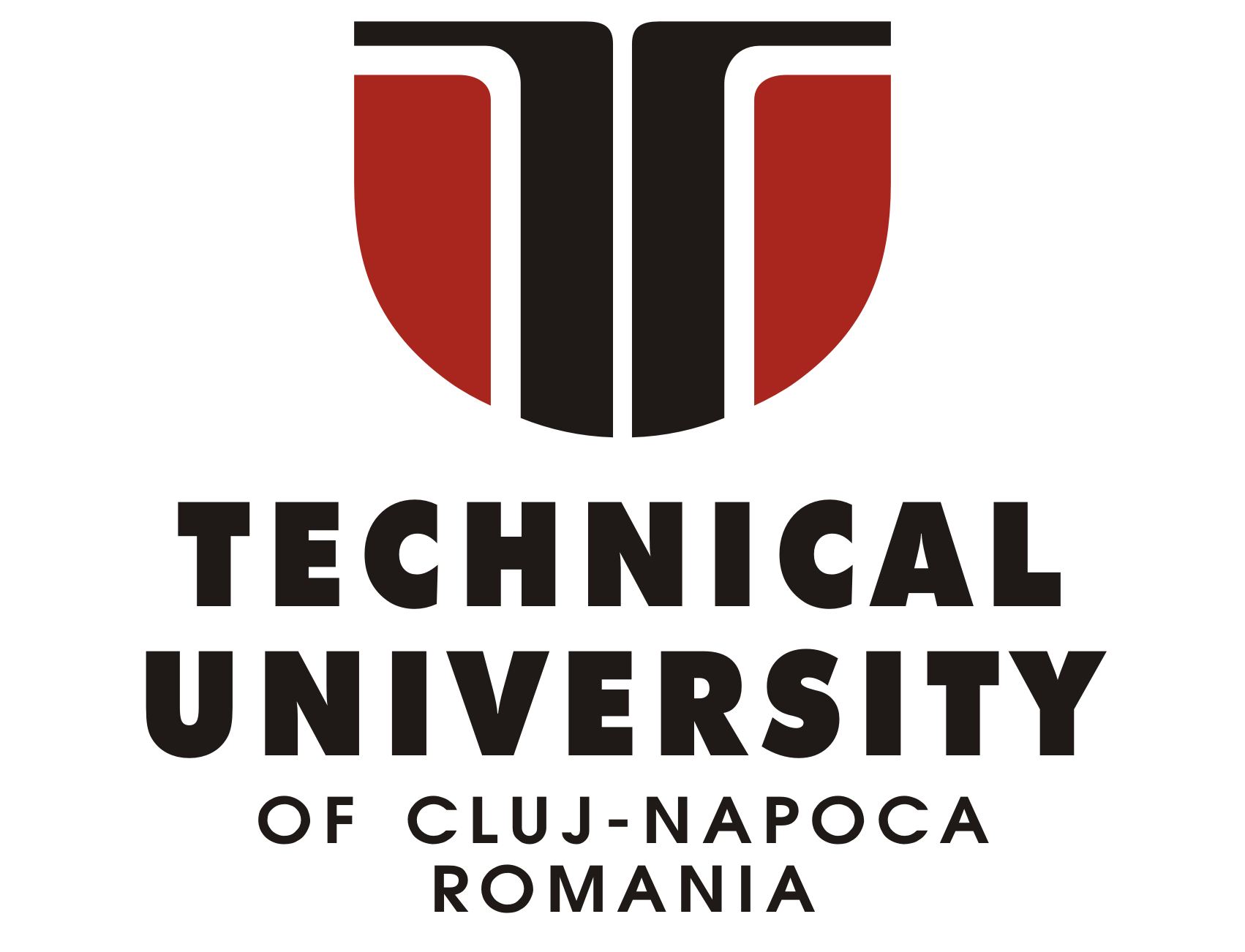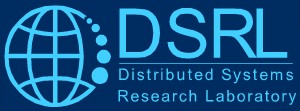Research activities (based and adapted from Tudor Cioara Habilitation Thesis)
Smart Energy Grids management
My research activity is focusing on developing novel technologies for decentralized management of prosumers and microgrids. On the demand side management, I have addressed issues related to the decentralized operation of Demand Response Programs, prosumers engagement, and their energy data privacy and security, which I have innovatively addressed by considering the use of blockchain technology. In this research area in my publications, I have proposed blockchain-based techniques for the decentralized control of prosumers' energy demand and enacting them to offer their energy flexibility for aggregators and peer-to-peer energy marketplace promoting the consumption of renewable energy close to the point of its generation. On the energy generation side, my interest is going on the development of optimization and decentralized cooperation techniques allowing the small scale producers to aggregate in coalitions (i.e. Virtua Power Plants or Energy Communities) for the provisioning of a steadier and reliable supply or for selling of an aggregated amount of energy in the national capacity market or addressing microgrid operation in island mode decoupled from the main grid.
Management of Data Centers
While the research of my Ph.D. was mainly focused on the energy efficiency of data centers considering only their internal operation in isolation, after my Ph.D. my work was focusing on transforming the data centers into active energy players in their local smart energy grid ecosystems. Data centers' operation management optimization is addressed considering their integration with the smart energy grids transforming DCs from a source of instability as large consumers putting a lot of pressure onto grid operation into a contributor to the grid stability, reliability, and sustainability. I had been investigating the potential latent energy flexibility of such prosumers with a view of developing the necessary technological infrastructure to use that flexibility (either by shifting or shedding) to meet various grid-level optimization objectives. The publications in this area summarize my research achievements in a wide range of fundamental techniques and approaches such as system of system modeling and simulation, linear and non-linear optimizations, constrained resource scheduling, etc. As result, my work contributed to the ongoing efforts of transforming the data centers into technological flexible resources that can provide flexible services such as congestion management, heat reuse in the local neighborhood, relocate workload in a follow a renewable energy approach. These scientific and technical achievements allow the new generation of green data centers to gain new revenue streams unforeseen before, outside their core business of running the workload of their clients.
Ambient Assistive Living
My research activity is addressing the development of IoT systems to provide support for older adults in managing various age-related conditions in their homes delaying as much as possible their institutionalization. My research publications present a wide range of techniques for which development I have contributed such as the use of machine learning for poly-pharmacy management in case of older adults with dementia, use of social robotics to address the cognitive decline in case of mild cognitively impaired older adults, management of dietary constraints, etc.
Smart Factories Management
I had been working on the direction of digitalization and optimization of the manufacturing processes through the development and integration of Cyber-Physical Systems (CPS) enhanced machines. In my publications, I have proposed a whole range of innovative ICT technologies for increasing the degree of adaptation and reactivity of manufacturing processes to the stimuli outside and inside the factory. They are leveraging on autonomic cyber-enhanced control of machines, context awareness through big data analytics, the definition of agent-based abstraction as digital twins, and integration of CPS enhanced machines in manufacturing processes. In terms of the impact, they have the potential of increasing the factory's economic, societal, and environmental sustainability supporting the implementation of new business models such as production re-shoring and mass customization.


